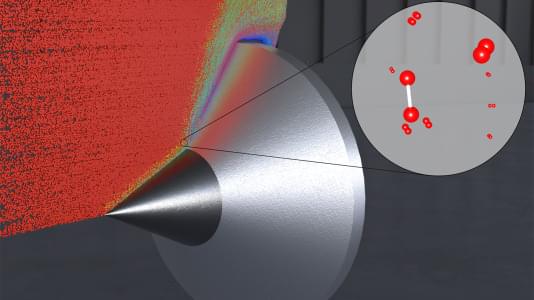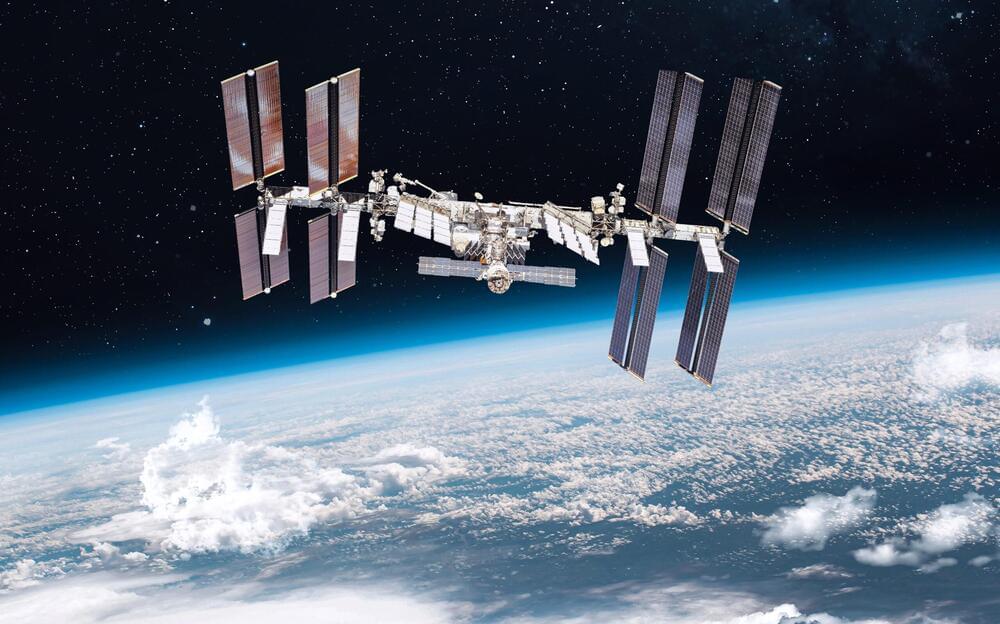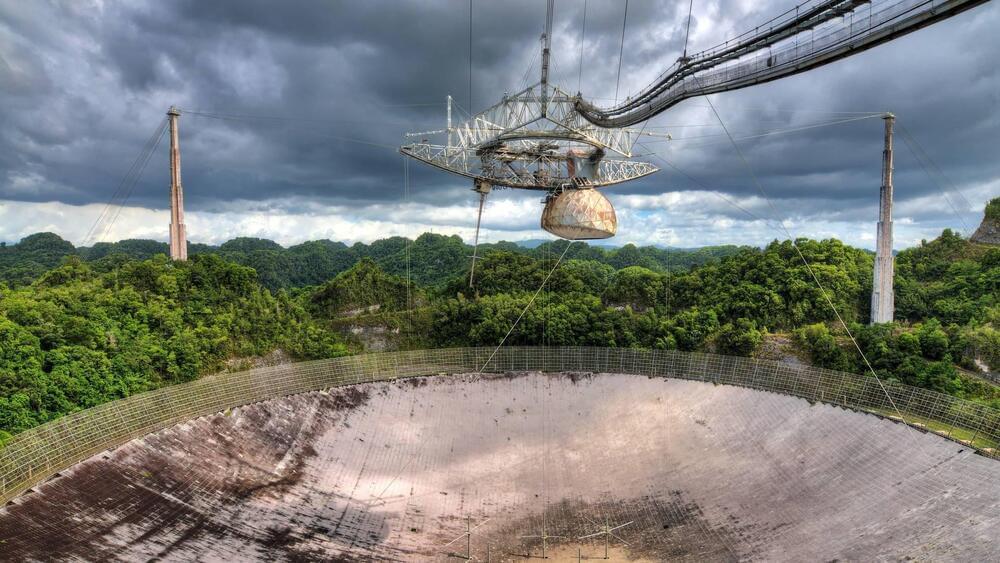The U.S. Department of Energy’s (DOE) Office of Science announced allocations of supercomputer access to 56 high-impact computational science projects for 2023 through its Innovative and Novel Computational Impact on Theory and Experiment (INCITE) program. These awards, which will pursue transformational advances in science and engineering, account for 60% of the available time on the leadership-class supercomputers at DOEs Argonne and Oak Ridge national laboratories.
The projects will support a broad range of large-scale research campaigns to advance knowledge in areas ranging from astrophysics to sustainable energy technologies to materials design and discovery.
Jointly managed by the Argonne Leadership Computing Facility (ALCF) and the Oak Ridge Leadership Computing Facility (OLCF), the INCITE program is the primary means by which the facilities fulfill their mission to advance open science by providing the scientific community with access to their powerful supercomputing resources. The ALCF and OLCF are DOE Office of Science user facilities.




